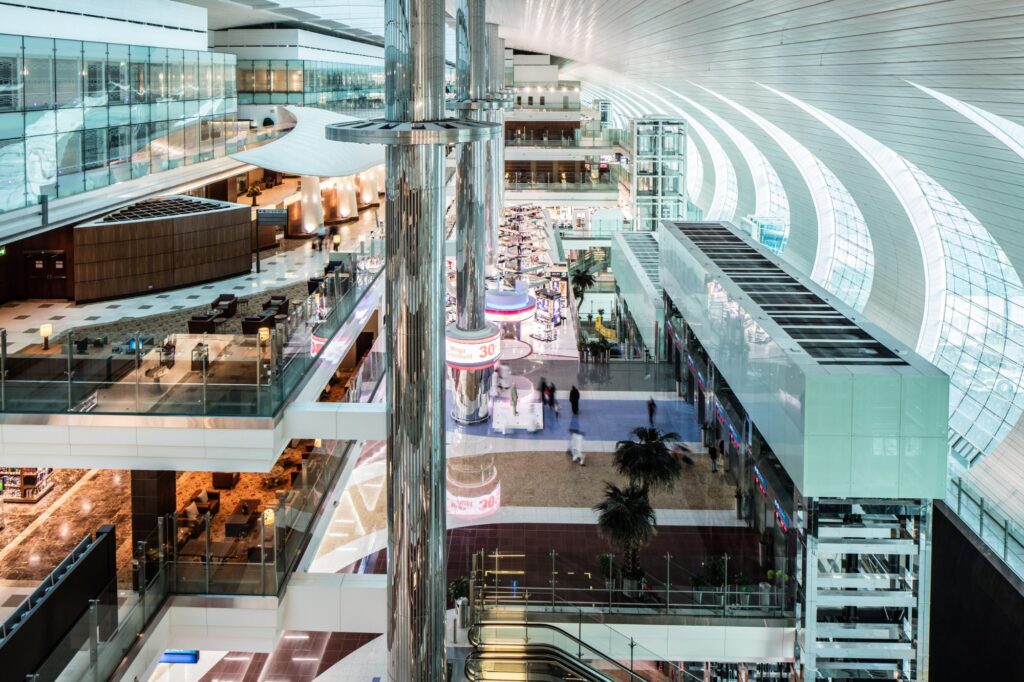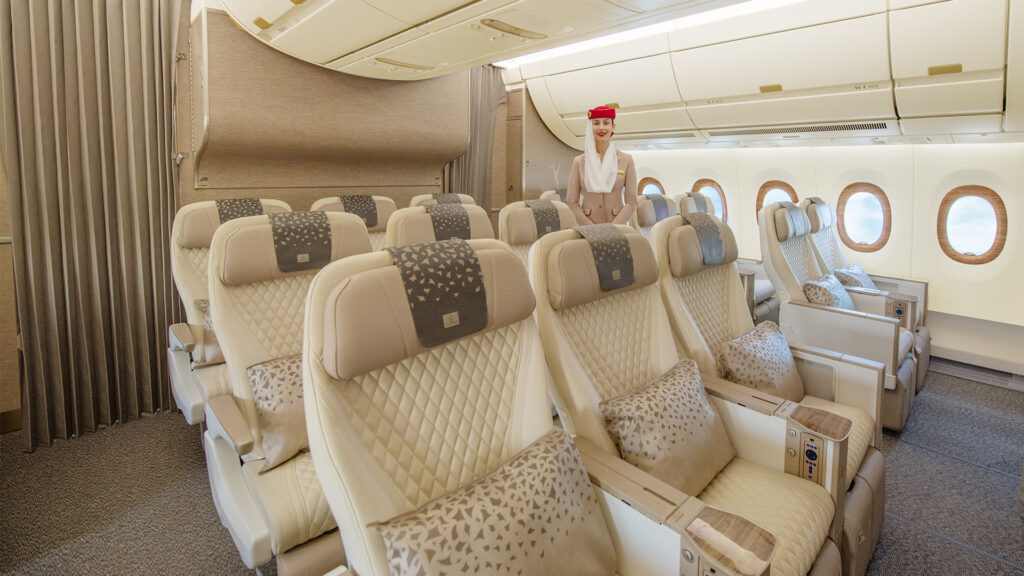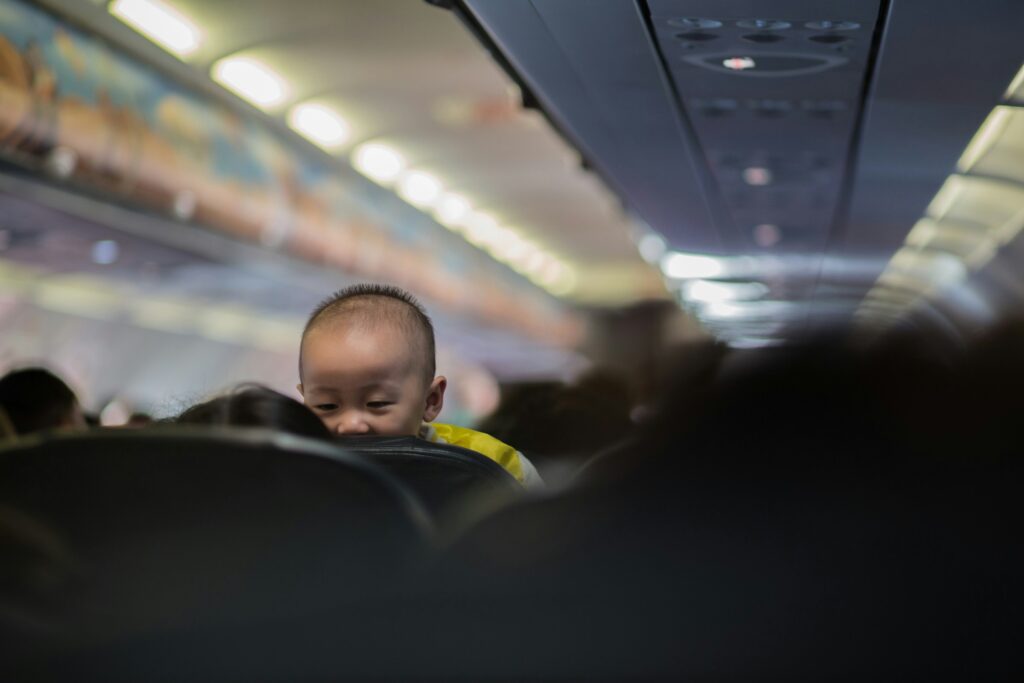Emirates will introduce new services and protocols for travelers with autism and sensory conditions, including digital sensory guides, onboard sensory aids, and a commitment to employee education, as it strives to become the first-ever Autism Certified Airline.
The designation is awarded by the International Board of Credentialing and Continuing Education Standards (IBCCES), which last year handed a Certified Autism Center designation to check-in facilities at Emirates’ dedicated terminal at Dubai International Airport (DXB).

Photo: Courtesy of Dubai International Airport
Guided by the IBCCES, the UAE’s flag carrier is doing even more to make air travel accessible and enjoyable for neurodiverse people.
In developing new standards for Emirates, IBCCES surveyed more than 14,000 people with a range of disabilities, including autism and sensory sensitives, as well as their families and caregivers. It also surveyed members of the International Air Transport Association (IATA) and heard from 1,200 people from the aviation industry.
IBCCES members also boarded several long and short-haul Emirates flights and transited through airport facilities to conduct audits.
Learning More About the Spectrum
That research will feed into new, focused training courses on autism for Emirates employees. The training will equip more than 30,000 ground staff and cabin crew with “the understanding and skills to address needs of autistic travelers and those with sensory sensitivities,” the IBCCES and Emirates said in a press release.

Photo: Airbus A350-900 Premium Economy. Courtesy of Emirates
Emirates staff will learn about the autism spectrum, misconceptions about autism, environments, and stimuli that can be challenging for people with autism or sensory sensitives, and how to offer personalized help to passengers and their caregivers.
This year, the carrier will introduce digital sensory guides to its facilities and flights. These guides will inform travelers about the sensory stimuli they will likely encounter at Dubai International Airport and onboard Emirates flights, including sound levels, lighting, sights, and smells.
This knowledge will “empower travelers to make informed decisions about the various environments encountered, and plan what suits their needs and preferences,” the IBCCES and Emirates said.
Neurodiversity Onboard
Also in 2025, Emirates will introduce neurodiverse sensory products on its flights. These include sensory fidget toys or aids that can help travelers focus, limit stress, and reduce self-stimulatory behavior.
Emirates and the IBCCES pointed out that air travel can be very challenging for many people with autism or sensory conditions. A recent survey on AutismTravel.com found that 78 percent of families with a member with autism are reluctant to travel or visit new locations. However, 94 percent of respondents said they would travel more if they had access to facilities where staff are autism-trained and certified.

Photo: Courtesy of Octav Cado / Unsplash
The airline’s commitment to accessible and inclusive travel is part of its hometown, Dubai’s ambition to become the world’s most accessible destination for people with disabilities.
Most attractions in Dubai, including the Burj Khalifa, Dubai Mall, Dubai Parks and Resorts, and the city’s beaches, are wheelchair accessible and have other accommodations, such as sensory-friendly activities, adapted rides, and accessible restrooms.
The city’s metro is fully accessible, with elevators, wide gates, tactile guidance paths, automatic doors, and priority seating, as are public buses and some taxis.

